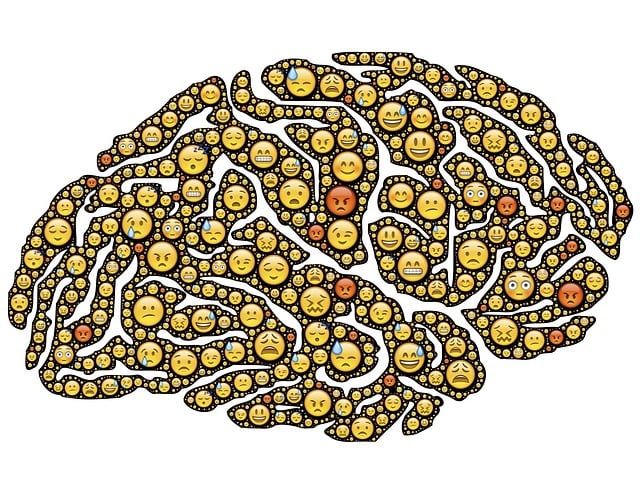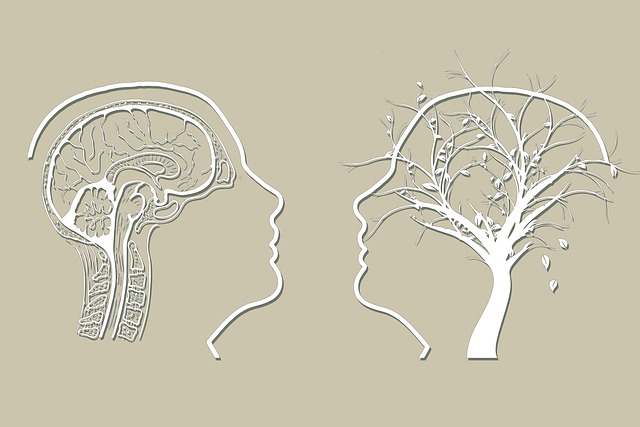Longmont Family Counseling Therapy (LFCT) addresses the significant impact of media on public perceptions of mental health, advocating for accurate and compassionate portrayals. They collaborate with media creators to challenge stereotypes, reduce stigma, and normalize self-care through authentic stories. LFCT leverages responsible media representation to enhance Mental Health Education and Burnout Prevention, promoting recovery journeys and coping mechanisms. Nestled in Longmont, Colorado, they offer tailored therapy services integrating evidence-based practices, aiming to break down barriers to mental health care and foster community well-being.
In today’s media-saturated world, the representation of mental illness plays a pivotal role in shaping public perception. This article explores the profound impact of media portrayal on mental health and offers solutions to challenge stereotypes. We delve into the current state of mental illness depiction, highlighting common misconceptions, and present strategies for responsible and accurate representation. Longmont Family Counseling Therapy serves as a local model for positive change, while also emphasizing the power of community collaboration in driving better media portrayals.
- Understanding the Impact of Media Portrayal on Mental Health Perception
- The Current State: How Media Often Depicts Mental Illness
- Strategies for Responsible and Accurate Mental Illness Representation
- Longmont Family Counseling Therapy: A Local Approach to Promoting Positive Change
- Empowering Communities: Collaborative Solutions for Better Media Portrayal
Understanding the Impact of Media Portrayal on Mental Health Perception

The media plays a significant role in shaping public perceptions about mental health. The way mental illnesses are represented in movies, TV shows, and news articles can either promote understanding and empathy or perpetuate harmful stereotypes. Accurate and compassionate portrayals in media can encourage individuals to seek help, reduce stigma, and foster a sense of community for those living with mental health challenges. Conversely, inaccurate or exaggerated depictions may lead to misconceptions, fear, and further isolation.
At Longmont Family Counseling Therapy, we recognize the power of positive media representation in promoting inner strength development and self-care practices. By challenging harmful narratives and advocating for authentic stories, we aim to support individuals in managing stress and participating in workshops designed to build resilience. Through open dialogue and collaborative efforts with media creators, we strive to ensure that mental health discussions in popular culture are both informative and therapeutic, ultimately contributing to a healthier society where self-care practices are normalized and supported.
The Current State: How Media Often Depicts Mental Illness

In today’s media landscape, mental illness is frequently portrayed through a lens of stigmatization and sensationalism. The current state of representation often reduces complex conditions to simplistic, dramatic narratives. This can perpetuate harmful stereotypes and contribute to the marginalization of individuals living with mental health challenges. Common depictions tend to focus on severe cases, such as violent outbursts or catatonic states, ignoring the vast spectrum of experiences that make up mental illness.
Longmont Family Counseling Therapy advocates for a more nuanced approach. By promoting accurate and empathetic portrayals, media can play a crucial role in Mental Health Education Programs Design, fostering understanding and Burnout Prevention. Incorporating narratives that highlight recovery journeys, coping mechanisms, and the resilience of individuals can offer valuable guidance, such as Mental Wellness Journaling Exercise. Ultimately, responsible media representation has the potential to revolutionize public perception, ensuring support systems are readily accessible for those in need.
Strategies for Responsible and Accurate Mental Illness Representation

Mental illness representation in media plays a pivotal role in shaping public perception and understanding. To challenge stereotypes and promote responsible storytelling, several strategies can be employed. Firstly, Longmont Family Counseling Therapy emphasizes the importance of accurate depiction. This includes consulting with mental health professionals to ensure the portrayal aligns with real-world practices and experiences. By doing so, media can provide authentic insights into various mental health conditions.
Additionally, focusing on the journey of recovery rather than solely highlighting the illness itself can be empowering. Encouraging the development of coping skills and showcasing successful outcomes from therapy, like those offered at Longmont Family Counseling Therapy, can foster empathy among viewers. Implementation of communication strategies and social skills training in media narratives can also contribute to a more nuanced understanding of mental health struggles, promoting support and compassion for individuals facing these challenges.
Longmont Family Counseling Therapy: A Local Approach to Promoting Positive Change

In the heart of Longmont, Colorado, lies a beacon of hope and healing for families navigating mental health challenges—Longmont Family Counseling Therapy (LFCT). This local initiative goes beyond traditional therapy settings by offering comprehensive services tailored to meet the unique needs of each family. Founded on the belief that every individual deserves access to quality mental health care, LFCT employs a holistic approach, integrating both evidence-based practices and Mind Over Matter principles.
The center provides a safe space for families to receive Crisis Intervention Guidance, enabling them to manage acute situations effectively. Through personalized therapy sessions, they address a range of issues, from depression prevention and anxiety management to trauma recovery. LFCT’s dedicated team understands the intricate dynamics of family relationships and offers support tailored to foster positive change. By empowering families with tools and resources, they aim to break down barriers and promote mental well-being in the community.
Empowering Communities: Collaborative Solutions for Better Media Portrayal

Empowering communities through collaboration is a key strategy to challenge negative mental illness representations in media. Longmont Family Counseling Therapy emphasizes the importance of diverse voices and lived experiences in shaping accurate narratives. By involving individuals with mental health backgrounds, advocates, and professionals, we can ensure that stories reflect reality rather than stereotypes. This collaborative approach fosters understanding, reduces stigma, and promotes empathy among audiences.
Community-driven initiatives facilitate open dialogues about mental health, encouraging support networks to form and providing platforms for sharing effective conflict resolution techniques and coping strategies. Moreover, these efforts can lead to the development of more inclusive media policies, ensuring that creators and producers are held accountable for responsible representation. Such collaborative solutions not only enhance the accuracy of media portrayals but also contribute to collective anxiety relief and burnout prevention by fostering a culture of mental health awareness and acceptance.
In light of the above discussions, it’s clear that responsible and accurate media representation of mental illness is crucial in challenging societal perceptions and fostering understanding. By implementing strategies like those offered by Longmont Family Counseling Therapy, we can empower communities to collaborate on improving media portrayals. Together, we can create a more inclusive and compassionate society where mental health issues are met with empathy and support, rather than stigma and misrepresentation.














